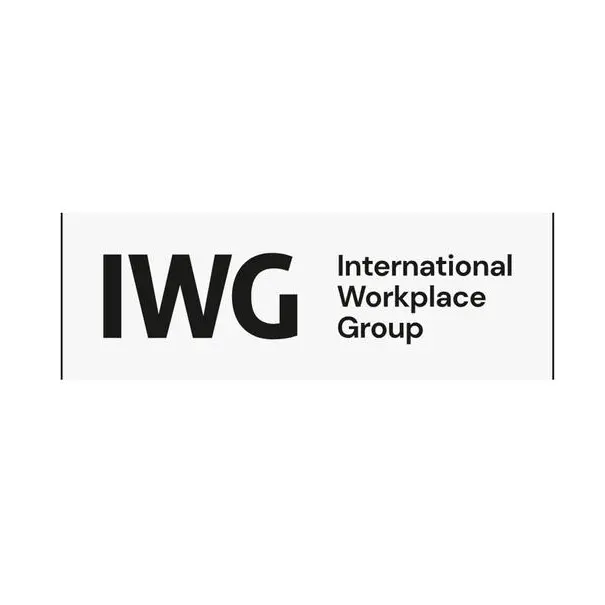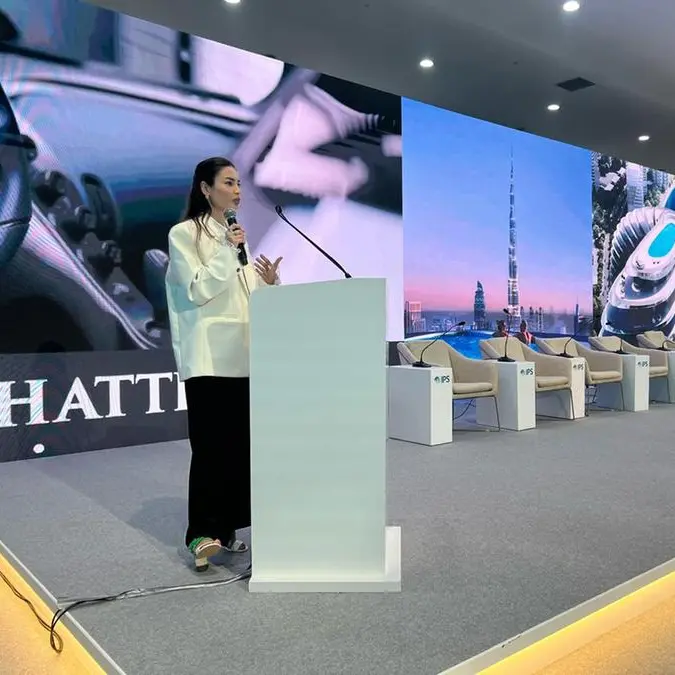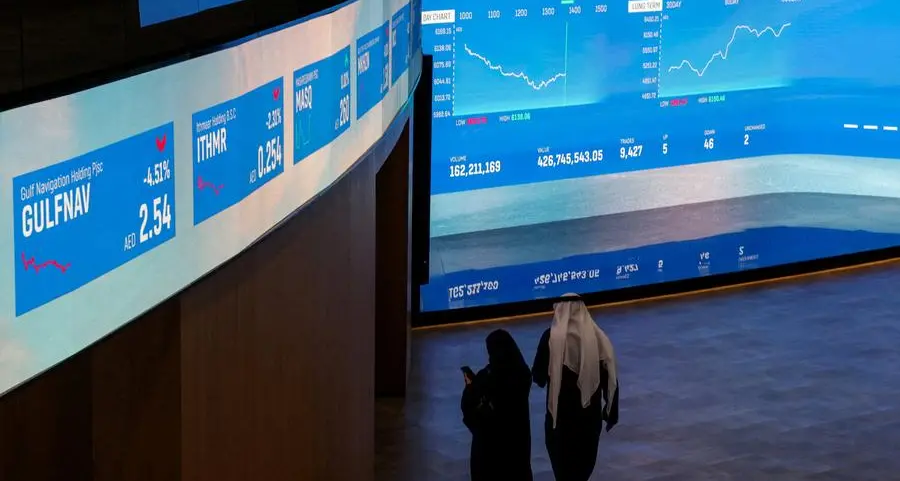DUBAI, UAE – Bain & Company’s 5th annual Global Mergers & Acquisitions Report publishes a report which reveals that corporate executives looking ahead to 2023 remain confident in M&A’s role in value creation. While M&A value dropped dramatically in 2022 – a loss of 36% in deal value – Bain’s report confirms that deal activity continues to be a central corporate strategy for growth and profitability.
The report points to a survey of nearly 300 M&A executives, conducted by Bain in October 2022, who anticipated closing a similar number of deals, if not more, in the year ahead. The survey expressed confidence in the ability of M&A deals to create value, reporting that nearly two-thirds of acquisitions completed in the previous three years have met or exceeded expectations.
Focusing on the Middle East, Bain & Company explores how sovereign wealth funds are using M&A to transform economies in the region. With a strong economy buoyed by high oil prices, the Middle East is well positioned to rely on M&A to further advance the region’s long-term push to expand beyond hydrocarbons as well as help globalize its companies.
Most of the deal activity is fueled by sovereign wealth funds and local corporations, with the potential for foreign investors to start deploying capital in the region. The expected regional GDP growth of 6.5%, the highest it’s been in more than a decade. The Middle East’s sovereign wealth funds are growing too. For example, Saudi Arabia’s state-owned Public Investment Fund (PIF) invested $1.3 billion in four Egyptian companies in August 2022, including Abu Qir Fertilizers and Alexandria Container and Cargo Handling.
Bain’s research shows that strategic deal value declined more quickly than strategic deal volume. Median strategic deal multiples fell to a 10-year low of 11.9x in 2022, off an all-time high in 2021. The decline in deal multiples, coupled with a mid-year pause of mega-deals, explains the relatively large drop in deal volume versus activity. The largest drops came among deals for Technology and Healthcare & Life Sciences assets.
The recent history of economic downturns supports confidence in M&A strategy, as it is an excellent opportunity for buyers to make bold moves. Assets are cheaper than they have been in years, and opportunities exist to strengthen core business or create strategic options via scope deals.
“Mergers and acquisitions in the Middle East have very specific dynamics” said Gregory Garnier, Partner, Bain & Company Middle East. “Regional SWFs play an increasing role in transforming the regional economy, they use M&A as a strategic lever and have dominated the recent deal flow in the region. SWFs use M&A with strategic intent to enter new verticals, strengthen ties with partners, invest in industries of the future, increase global visibility or build/strengthen local champions. There are though plenty of investment opportunities for other local and global investors in the region, which is fueled by a surge of IPOs and an increasing desire from family owned businesses to monetize their assets. This requires having feet on the ground to source proprietary deals and at times to partner with SWFs.”
Bain analyzed M&A activity of nearly 2,900 companies during the 2008-2009 downturn—and found those who were active in M&A outperformed those that sat on the sidelines. This can be measured in the superior shareholder return of active companies.
As the market reset, Bain observed unanticipated shifts in dealmaking and, at the same time, the continued persistence of longer-term trends.
The report identified five M&A themes to watch for in 2023:
- Cash-rich companies making strategic, bold moves.
- The continued prevalence of small to midsize deals.
- A balance of scale and scope deals.
- Further pressure on valuations.
- Companies retooling their portfolios through divestitures and separations.
The report also includes examples of how companies can use M&A to scale innovation, increase speed and quality with more proactive, deeper due diligence, and preserve value in integration by addressing cultural fault lines. It also includes 14 industry-specific perspectives including healthcare, energy, and diversified industrials and four country-specific deep dives.
“Dealmakers are well versed in the cyclical nature of the M&A market. Amid a slowdown that impacts both the base business of acquirers and targets, we’ve seen time and time again that the companies that don’t pause M&A during downturns, but rather take advantage of opportunities to reshape their industries, are the ones coming out on top,” said Suzanne Kumar, Bain & Company global practice vice president for M&A and Divestitures.
The report’s regional focus explores how sovereign wealth funds are using M&A to transform economies in the Middle East and how deal value rose by 139% in India in 2022. In Japan, fewer companies engaged in large cross-border deals intended to transform their business portfolios and, in Brazil, businesses are rethinking scenario planning around potential outcomes due to the new government’s policies.
-Ends-
Media contacts
For any questions or to arrange an interview, please contact:
Email: maielsayed@sevenmedia.ae or Marketing.MiddleEast@Bain.com
About Bain & Company
Bain & Company is a global consultancy that helps the world’s most ambitious change makers define the future.
Across 64 cities in 39 countries, we work alongside our clients as one team with a shared ambition to achieve extraordinary results, outperform the competition, and redefine industries. We complement our tailored, integrated expertise with a vibrant ecosystem of digital innovators to deliver better, faster, and more enduring outcomes. Our 10-year commitment to invest more than $1 billion in pro bono services brings our talent, expertise, and insight to organizations tackling today’s urgent challenges in education, racial equity, social justice, economic development, and the environment. Since our founding in 1973, we have measured our success by the success of our clients, and we proudly maintain the highest level of client advocacy in the industry.



















